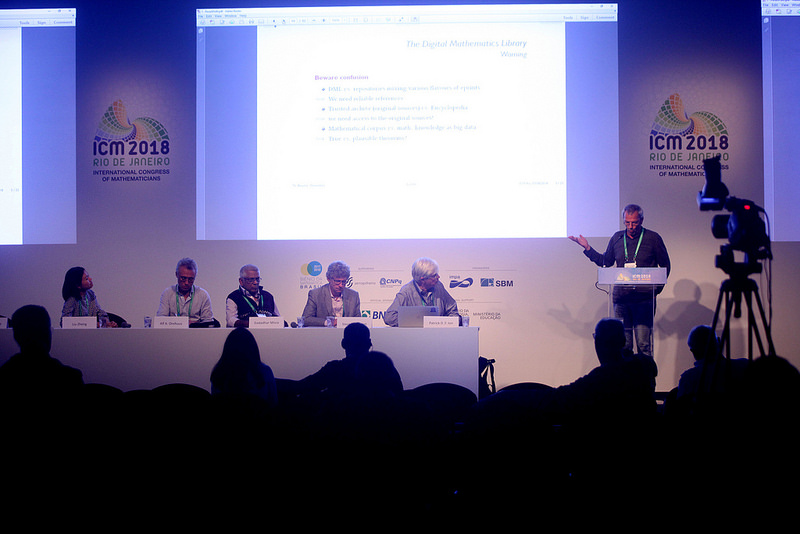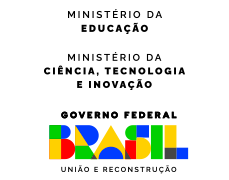Mathematicians with a mission: creating a global online library

An international group of academics from the International Mathematical Knowledge Trust (IMKT) have a significant challenge on their hands. In the face of a lack of available research papers in an academic discipline that demands near constant access to reference works, the group tasked themselves with creating a global online library for mathematicians all over the world.
Presenting an update on their progress at this year’s 2018 ICM, mathematicians from different geographic regions spoke about what has happened in to further the IMKT’s library mission in recent years.
Read more: Experts debate strengths, flaws of machine-assisted proofs
Cédric Villani autograph session today (Tuesday)
Tadashi Tokieda’s toys: finding magic in the ordinary
“Twenty to twenty-five years ago, the idea of having a set of online articles seemed very ambitious,” said Stephen Watt, dean of mathematics at the University of Waterloo and recipient of the Outstanding Innovation Award (IBM). Internet infrastructure at that time, he explained, mean that such a prospect seemed daunting.
“That was a long, long time ago,” he assured the audience. Developments since have led to additional services attached to the goal of creating the online library.
One of the founding members of Maplesoft, a multi-paradigm programming language which adds functionality for multidomain physical modelling and code generation, Watt’s research has largely concentrated on algorithms and systems for computer algebra, programming languages and compilers, mathematical handwriting recognition and document analysis. As such, he is a sincere advocate for greater online availability of mathematical texts.
“When you look at a mathematics paper, you see that each paper is actually built on another. That’s what mathematics is like, you start reading one paper and then you have to go to another,” Watt said, by way of explanation as to why an online library for academic mathematics is essential to its continued development.
Colombian mathematics professor Alf A. Onshuus, of the Los Andes University, agreed with Watt’s emphasis on widening access to academic texts, no matter where in the world researcher are. “Most universities don’t have very good access to all the academic journals necessary,” he said. “Many researchers get access to papers through lots of favors, and through alma maters.”
Gadadhar Misra, who won India’s highest science award in 2001, the Shanti Swarup Bhatnagar Prize for Science and Technology, and is currently a mathematics professor at the Indian Institute of Science, spoke about progress towards greater Open Access source availability. Thierry Bouche, meanwhile, represented Europe at the panel.
Although Europe’s progress towards a digital library of mathematics publications and reference texts is fairly well advanced, Bouche said that there are always some obstacles when it comes to creating a robust, complete library. “You need reliable references, trusted archives, and differentiation between true and plausible theorems,” he said. “However, our main problem is a lack of support to significantly enhance already available content.”


